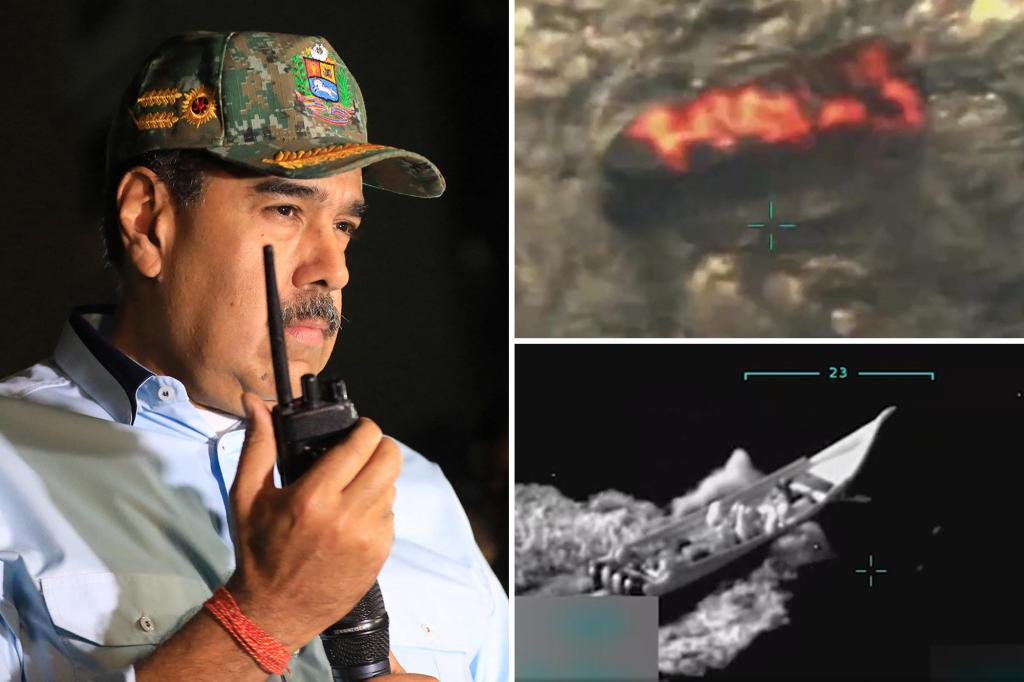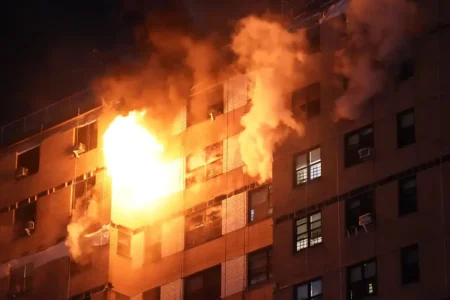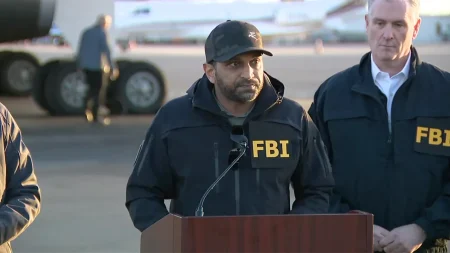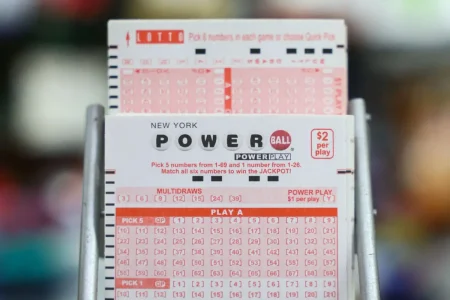Trump Administration Contemplates Strikes on Venezuelan Drug Traffickers
The Trump administration is reportedly planning a significant escalation in its approach to combating drug trafficking from Venezuela, with potential strikes against traffickers within Venezuelan territory possibly coming within weeks. This would mark a substantial shift from the current strategy of targeting cartel boats in the Caribbean waters. While President Trump has not yet given final approval for these operations, the plans reportedly include using drone strikes against cartel leadership, members, and drug processing facilities. This consideration comes amid ongoing concerns that Venezuelan President Nicolas Maduro has failed to adequately address the flow of narcotics from his country into the United States and other nations.
“We’ll see what happens,” President Trump remarked earlier this month when questioned about the possibility of strikes inside Venezuela. He added, “Venezuela is sending us their gang members, their drug dealers and drugs. It’s not acceptable.” This statement reflects the administration’s increasing frustration with what it perceives as Venezuela’s role in facilitating drug trafficking. Since September, Trump has already announced at least three military strikes against alleged Venezuelan drug boats, resulting in at least 17 casualties. While comprehensive public evidence confirming these vessels were carrying narcotics has been limited, an official from the Dominican Republic claimed during a press conference that drugs were detected in waters near one of the targeted boats following a strike.
The potential escalation aligns with Trump’s campaign promises to address the influx of illegal drugs into the United States. The administration has already taken significant steps against the Maduro regime, including the recent announcement of a $50 million bounty for information leading to Maduro’s arrest. In response to these pressures, reports suggest Maduro has privately indicated through intermediaries a willingness to make concessions to the U.S. government to halt the attacks, though he continues to publicly deny any involvement in drug trafficking operations within Venezuela. The U.S. has also demonstrated its military readiness in the region, with the Pentagon confirming the deployment of at least eight ships and multiple F-35 fighter jets to the area in recent weeks.
Despite these tensions and potential military actions, certain areas of cooperation between the two countries remain intact. The United States continues to coordinate with Venezuela on deportation matters, highlighting the complex nature of the relationship between the two nations. This ongoing deportation coordination exists against the backdrop of heavy U.S. sanctions against Venezuela, which has transformed from an oil-rich nation to one struggling with widespread poverty under Maduro’s leadership. The sanctions regime represents another dimension of U.S. pressure on the Venezuelan government, which the Trump administration has maintained and strengthened.
In a recent development, Maduro attempted to open a channel of communication by sending a letter to President Trump advocating for dialogue between the two countries. However, this overture was firmly rejected by the White House, with Press Secretary Karoline Leavitt dismissing the communication as containing “a lot of lies.” Leavitt emphatically stated that “the administration’s position on Venezuela has not changed,” reaffirming the U.S. government’s view of the Maduro regime as illegitimate. The press secretary further emphasized the president’s determination, noting that he “has clearly shown that he’s willing to use any and all means necessary to stop the illegal trafficking of deadly drugs from the Venezuelan regime into the United States of America.”
The contemplated expansion of military operations against drug traffickers inside Venezuela represents a potentially significant escalation in U.S. policy toward the South American nation. If implemented, such strikes would likely further strain the already tense relationship between Washington and Caracas, while potentially reshaping regional dynamics. The situation highlights the complex interplay between domestic U.S. concerns about drug trafficking, international relations with Venezuela, and broader geopolitical considerations in Latin America. As the Trump administration weighs these plans, the international community watches closely to see whether this potential escalation will materialize and what consequences it might have for both countries and the region as a whole.











